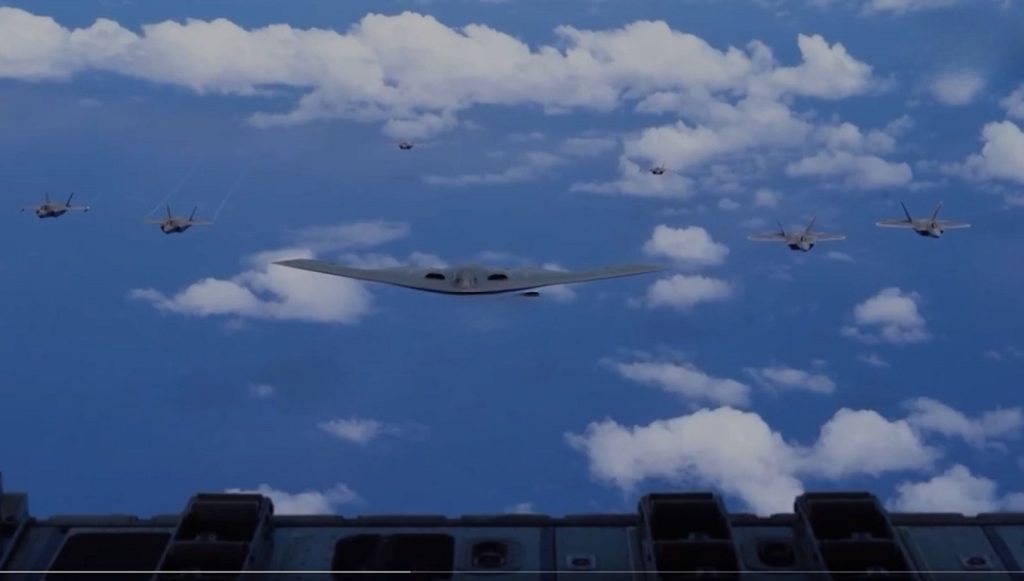British Report Reveals Sana’a’s Humiliation of the U.S. in the Red Sea and Shattering of Its Naval Myth
A comprehensive report published by the British site “On Hird” shines a spotlight on what it describes as the “bankruptcy of U.S. maritime dominance,” after Yemen—under the leadership of Sana’a—managed to impose a new balance of power in the Red Sea and undermine the military paradigm Washington has long flaunted.
The report opens by asserting that Sana’a’s announcement of its naval operations was not merely symbolic but signaled the death knell of traditional American influence over these strategic waterways. This maritime blockade and aerial interdiction, the report argues, caught U.S. military command off guard, confronting it with an unconventional adversary unfazed by aircraft carriers and unwilling to rely solely on airstrikes.

“On Hird” reviews the successive U.S. campaigns in the Red Sea—from Operation Prosperity Guardian and Poseidon Archer to Rap Rider—highlighting their failure to halt Yemen’s missiles and drones. Far from securing victories, these operations deepened political and military frustration within the Pentagon. Critics within the U.S. expected administrations from Obama to Trump to wield the so-called “American iron fist,” yet even unprecedented deployments of B-2 stealth bombers, F-35 fighters, and MQ-9 drones yielded dismal results.
Perhaps the most alarming revelation, the report states, is that despite its technological edge, the United States now lacks effective alternatives for “non-conventional” warfare. Airstrikes alone no longer suffice against a clever, adaptive Yemeni foe. The site cites that Yemen faced “half of America’s active strike fleet” and still managed to leave the U.S. without a meaningful victory—demonstrating a pivotal shift in the balance.

Drawing on remarks from high-ranking U.S. generals, the report notes that the “American media halo” has been shattered upon the rocks of Yemen, and Washington has become incapable of devising strategic breakthroughs. “On Hird” concludes with a stark warning to Western policymakers that what transpired in the Red Sea is not a temporary setback but the opening chapter in the decline of an American empire that has lived on its reputation more than its field effectiveness.

